Description
Overview
The CANable 2.0 is a small low-cost open source USB to CAN adapter. The CANable enumerates as a virtual serial port on your computer and acts as a serial-line to CAN bus interface. With the alternative candleLight firmware, the CANable enumerates as a native CAN interface on Linux. CANable 2.0 supports both standard CAN and CAN-FD.
CANable adapters are compatible with ARM-based embedded platforms such as the Raspberry Pi, Raspberry Pi Zero, ODROID, BeagleBone, etc. and are well suited for integration into OEM products.

CANable 2.0 Features
- Supports CAN2.0A and B, baud rates up to 1M
- Initial slcan support for CAN-FD (beta, 2M/5Mbaud)
- Compatible with socketcan through slcand
- USB-C Connector and breakaway mounting holes
- 4-pin screw terminal: CANH, CANL, 5v (output), GND
- Button for entering bootloader
- Switch to enable/disable onboard termination
- Simple cross-platform Python library
For more information on getting up and running with a CANable device, refer to the getting started page.
Software Support
The CANable is supported by several software applications:
- Cangaroo (Windows, Linux): Send/receive tandard and FD frames, decode messages from DBC files
- SocketCAN (Linux) Native Linux support using slcand
- python-can (Windows, Linux, Mac) Easily interface with the CAN bus using your CANable and Python scripts
Archived Products

CANable (Original)
- Supports CAN2.0A and B, baud rates up to 1M
- Compatible with socketcan through slcand
- Native socketcan support with candleLight firmware
- 4-pin screw terminal: CANH, CANL, 5v (output), GND
- Jumper to enter bootloader for firmware updates
- Jumper to enable/disable termination
- PTC-fused 5v output
- Simple cross-platform Python library

CANable Pro
-
- All features of the standard CANable
- 2.5kV galvanic isolation between USB and CAN bus
- Additional ESD protection/clamping on CAN bus
- Additional ESD protection/clamping on USB
- Breakaway mounting holes
- Button to enter bootloader for firmware updates
Stock slcan firmware
CANables ship with slcan firmware. This firmware enumerates as a standard serial device on Linux, Mac, and Windows for easy interfacing. The CANable can be easily re-flashed with the candlelight firmware which enumerates as a native CAN device in Linux and a generic USB device in Windows.
On Linux the CANable works natively with slcand, so you can use all of the standard can-utils command-line utilities and even Wireshark to interact with the bus.
On Windows and Linux, the CANable works with Cangaroo which allows transmission/reception of standard and FD frames as well as decoding of messages from loaded DBC files.
candlelight Firmware
If you update to the candlelight firmware, the CANable shows up as a native CAN device with socketcan–no slcand required! Performance is higher than the serial-line firmware as slcand is bypassed entirely. With Linux and socketcan you can use all of the standard can-utils command-line utilities and even Wireshark to interact with the bus. Note: candlelight firmware for CANable 2.0 currently does not support FD frames
Python Support
For even more flexibility, the python-can library allows you to directly talk to the CAN bus from Python. The library is cross-platform and can connect directly to a CANable’s virtual serial port interface or native socketcan interface. With only a couple lines of code you can decode traffic on the bus, send messages, and more.
Check out the getting started page for more information.
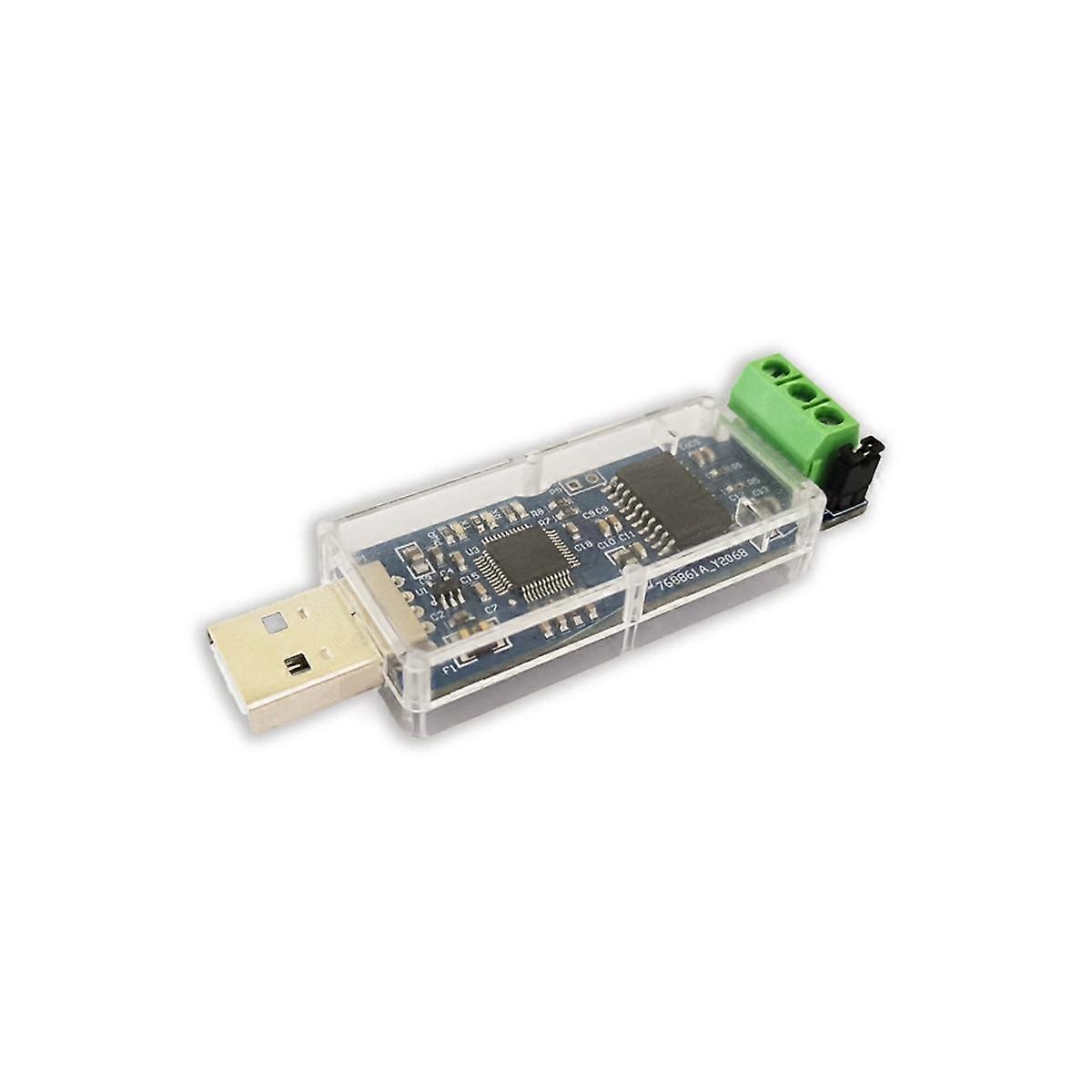
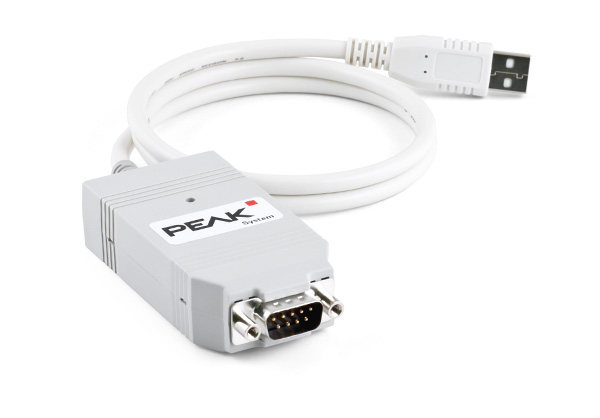
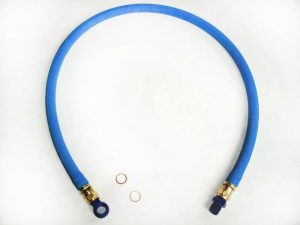
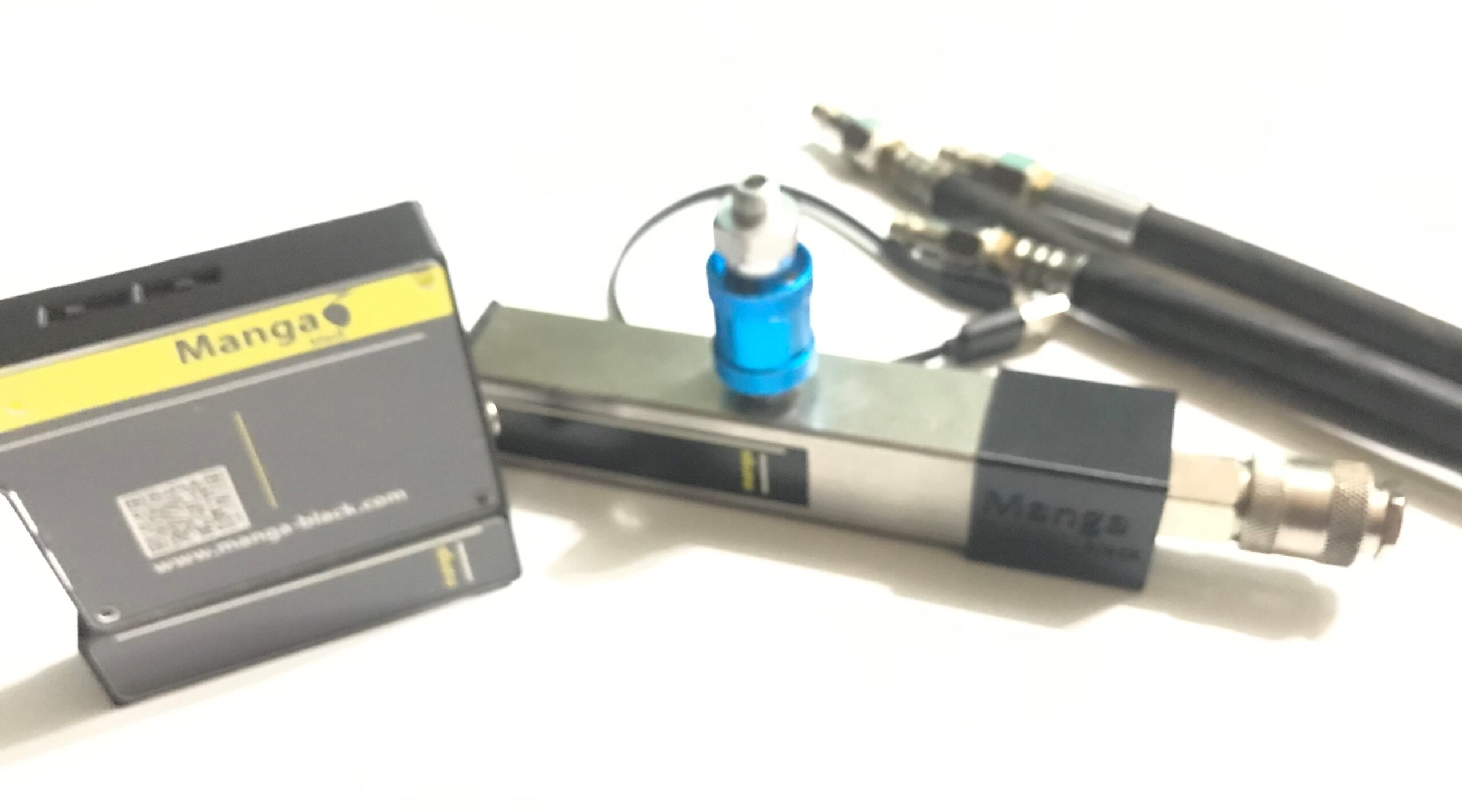
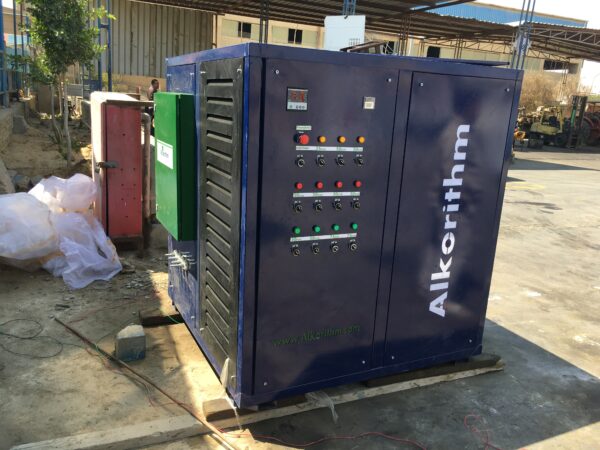

Reviews
There are no reviews yet.